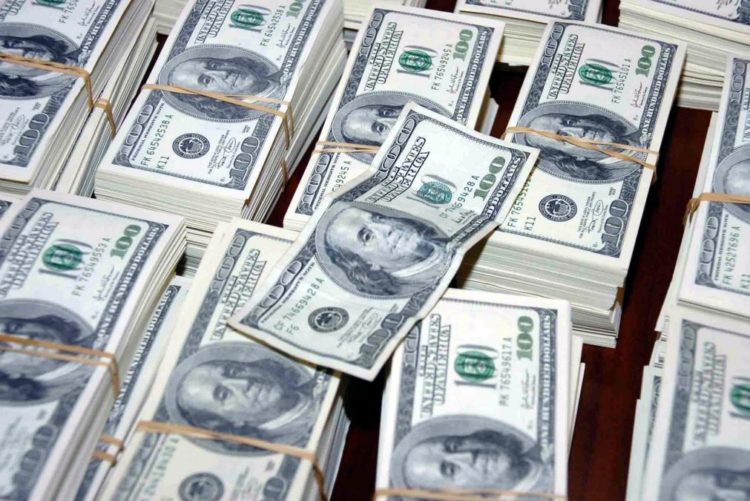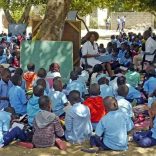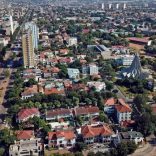Mozambique: Thousands of classes study outdoors, sitting on ground - Minister
Slowness of Mozambican government processes threatens World Bank funding

Lusa
The Economist Intelligence Unit is warning that Mozambique might not receive all of the US$1.7 billion made available by the World Bank as a result of the slowness of the government’s planning processes.
“In order to access the pledged funds, the government will have to prepare projects and programs that meet the Bank’s criteria for economically reproductive investments, and since government planning tends to be relatively slow, there is a risk that the amount of money borrowed will fall short of the amount made available,” the Economist Intelligence Unit says.
In an analysis paper on the provision of US$1.7 billion (around EUR 1.6 billion) by 2021 by the World Bank to stimulate and leverage the private sector in areas such as agriculture and energy, the experts of the economic analysis unit of the British magazine The Economist write that “the new aid framework comes in counter-cycle with the freeze of aid, which was introduced in April 2016 following the disclosure of hidden debts” of US$1.4 billion.
“Contrary to speculation in the local media, the new aid will not end the budget crisis,” the analysts write, claiming that “none of the US$1.7 billion will support the budget, and the G14 group of International donors does not intend to review the aid freeze until the audit report is complete”.
Even after the release of the report, which is due to be handed over today, “the government will have to commit to extensive reform of public finance management systems before donors are prepared to directly finance the state again”.
The World Bank (WB) announced at the end of April that it would provide about EUR 1.6 billion in private sector finance in Mozambique through to 2021.
“The indicative funding for this strategy is US$1.7 billion (EUR 1.6 billion) through the International Development Association (IDA),” a note released on April 28 states.
“The IDA and the International Finance Corporation (IFC) – the private sector arm of the World Bank Group – will work side by side to stimulate and leverage the private sector, from key sectors such as agriculture (and its value chains) and energy,” the document details.
About EUR 110 million is available during the current fiscal year and from 2018, EUR 374 million per year is planned. The Bank’s financing is part of the new 2017-2021 Mozambique Strategy, approved by the World Bank group’s board of directors.
“This approval comes at a crucial time,” said Mark Lundell, World Bank Director for Mozambique, Madagascar, Mauritius, Seychelles and Comoros. The World Bank believes that the country “needs to prepare for the scenario of a resource-rich country, and begin to develop a more diversified and productive economy”.
Such a scenario “will depend on how effectively natural wealth is reinvested in human, physical and institutional capital,” he added.
The country’s short-term outlook “is challenging as a result of recent disclosures about undeclared debt,” but the World Bank says it will help the country regain credibility and make public debt sustainable.
With regard to support for the state budget, interrupted in the aftermath of the scandal, any reimplementation “will depend on Mozambique’s progress in restoring debt sustainability and an adequate budgetary and macroeconomic framework”.












Leave a Reply
Be the First to Comment!
You must be logged in to post a comment.
You must be logged in to post a comment.